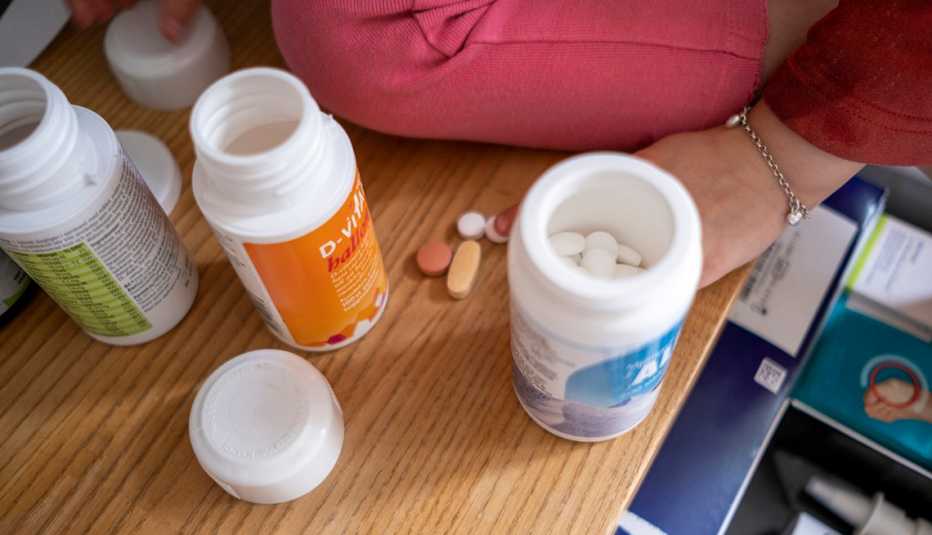AARP Hearing Center
Chances are that you’re familiar with probiotics: They’re sailing off the shelves of drugstores and health food stores nationwide. The market for probiotic supplements in North America rose from $547 million in 2017 to more than $1 billion in 2022, according to market research company Statista. It’s predicted to rise to nearly $1.5 billion in 2027, almost tripling in just a decade.
Many probiotics are sold as supplements, however, meaning that they’re not regulated by the United States Food and Drug Administration (FDA). “This means that it’s really buyer beware out there — companies can throw whatever they want into a supplement and call it a probiotic,” says Tod Cooperman, M.D., the president, and founder of ConsumerLab.com, an organization that regularly tests supplements, including probiotic supplements. “There’s no guarantee that you’re ingesting exactly what the label on the products claim.”
There are situations when the use of a probiotic can be beneficial, Cooperman stresses. Here’s a primer on how to determine when they’re necessary, as well as how to shop for them.
What probiotics are, exactly
They’re beneficial microorganisms, usually bacteria, like what’s found naturally in your gut. “They help support the balance of good bacteria,” says Gail Cresci, a microbiome researcher in the department of pediatric gastroenterology, hepatology and nutrition at the Cleveland Clinic. They’re found already in fermented foods like yogurt, kefir, kombucha, sauerkraut, kimchi, tempeh and miso. But they’re also available as over-the-counter supplements, in the form of capsules, tablets, powders, chewing gums, gummies and lozenges.
Probiotics shouldn’t be confused with prebiotics, which are a form of soluble fiber, like inulin, that the good bacteria in your gut loves to feed on, Cooperman notes. They are also different from postbiotics, which are heat-killed probiotics. While you may see both listed on the label of a probiotic supplement, the jury’s out as to whether or not they make the product more effective, he says.









































































